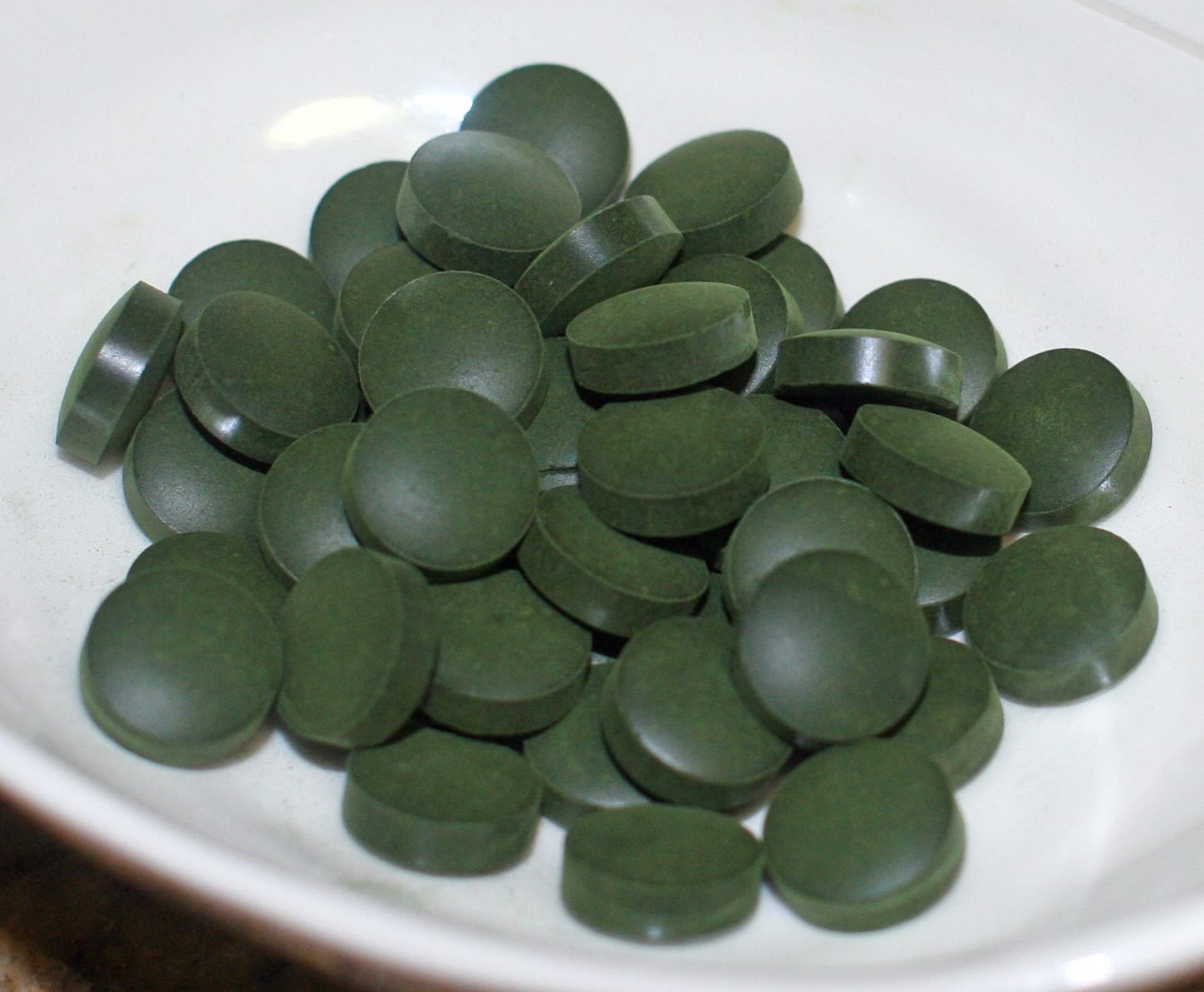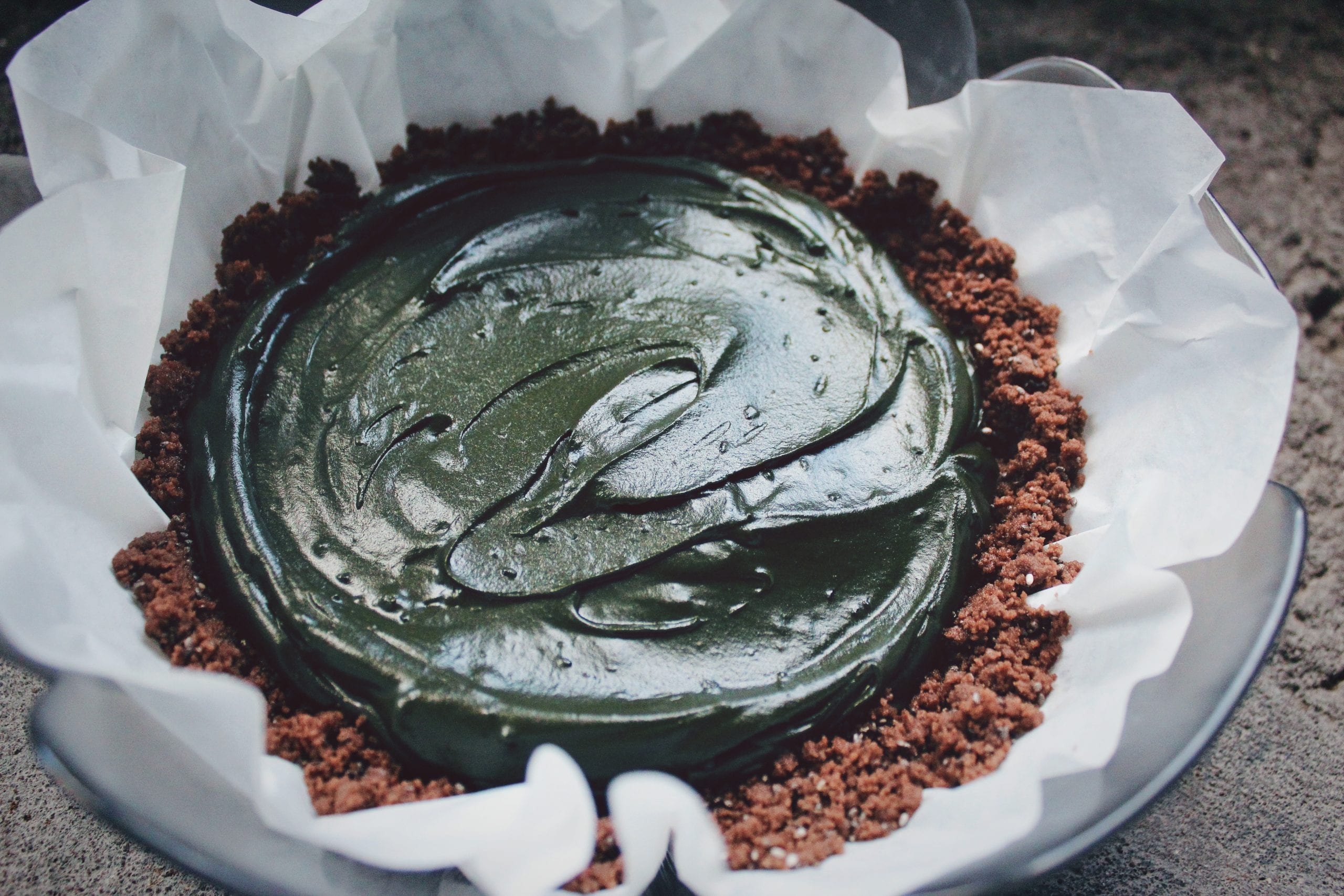Algae happen to be one of the most important organisms on our planet, producing about 70-80% of the oxygen we breathe. They are mostly aquatic photosynthetic organisms which grow in all sizes, from microscopic phytoplankton floating in the water, to the giant kelp which can be as large as a tree! More often you can see algae lumped into colonial forms, referred to as ‘seaweed.'
But what makes algae so special? Algae represent a diverse natural source of compounds with remarkable biological activity. They possess a range of essential metabolites and produce a variety of anticancer, antidiabetic, and anti-inflammatory substances, making them valuable sources of nutraceuticals.
The word ‘nutraceutical' comes from the words ‘nutrition' and ‘pharmaceutical.' They provide nutrition along with a physiological health benefit and can be implemented in the prevention of various diseases. They say an ounce of prevention is worth a pound of cure, and consuming algal nutraceuticals can keep several chronic diseases at bay.
Algae are well known for their anti-carcinogenic properties. As an example, the blue-green alga Spirulina was fed to the affected people in the 1986 Chernobyl nuclear accident to treat radiation sickness. Recently, researchers at the Oregon State University discovered coibamide A, a compound produced by blue-green algae which prevents communication between cancer cells and blood vessels, causing cell death and reduction in tumour size. It is currently being studied as a potential drug for the treatment of triple negative breast cancer and brain tumours.
Algae can boost brain health even beyond preventing tumors. Certain species of algae comprise nutrients such as iodine and omega-3 fatty acids that promote brain growth and development. The Institute for Traditional Medicine, Portland, emphasizes that adults should consume 150 micrograms of iodine per day. Surprisingly, 1g of brown algae can supplement the diet with 500-8000 micrograms of iodine! In another study, Italian scientists discovered the presence of a chemical called homotaurine in seaweed that can be used in the treatment of Alzheimer's disease. Also, anticholinesterase, found in the blue green alga Anabaena, has found applications in the treatment of Alzheimer's disease and autism in children.
Further, certain species of algae have been found to boost the immune system. For instance, Chlorella, a member of the green algae family, houses a substance called beta-1,3-glucan which acts as an immunostimulator, among other applications. In addition, the brown alga, Padina australis produces laminarin which stimulates the immune system through enhanced macrophage activity.

Other health conditions algal nutraceuticals have found applications in include arthritis and kidney diseases. A research group at ETH Zurich found that alginate obtained from brown algae could be used in the treatment of joint diseases. Consumption of Spirulina, which is low in purine content, minimizes the risk of uric acid accumulation in the body, preventing kidney problems or gout disease.
The wealth of nutrients in algae make them applicable to both developing and developed countries. For example, algae play an important role in combating malnutrition, prevalent in children of developing countries. The consumption of 1g of Spirulina a day could bring a malnourished child to health within a span of a few weeks. A project in the Luapala Province of Zambia used Spirulina for treating malnutrition in children, benefitting over 450 children.
Meanwhile, in developed countries, a high calorie diet combined with a sedentary modern lifestyle often leads to health problems such as obesity, heart disease. Spirulina has been found to have positive cardiovascular effects, lowering blood pressure and cholesterol.
Food products are needed that can promote health by supplementing the diet with the essential nutrients while appealing to customers at the same time. Current algal nutraceuticals involve a wide range of appetizing healthy products that have received wide acceptance all over the world. These products have also found a special place in the vegan diet, which tends to be nutrition deficient due to unbalanced protein, vitamin, and mineral intake.
Isn't it amazing how much we can derive from these tiny overlooked organisms? So, try to get some algae into your diet! Maybe the next time you are craving something sweet, go grab a spirulina cake or ice cream!

About the Author
Sarada Sripada is a Ph.D Student in the School of Chemical, Material and Biomedical Engineering, College of Engineering at the University of Georgia. She is interested in synthesizing green catalysts for applications in the production of certain fine chemicals. Apart from being passionate about her research, she enjoys music, dance, writing songs and poems and tries her hand at Indian cooking. She totally loves tea and couldn't do a day without it!
- Sarada Sripadahttps://athensscienceobserver.com/author/sarada-sripada/May 19, 2022
- Sarada Sripadahttps://athensscienceobserver.com/author/sarada-sripada/October 14, 2020
- Sarada Sripadahttps://athensscienceobserver.com/author/sarada-sripada/October 6, 2020
- Sarada Sripadahttps://athensscienceobserver.com/author/sarada-sripada/April 10, 2019








